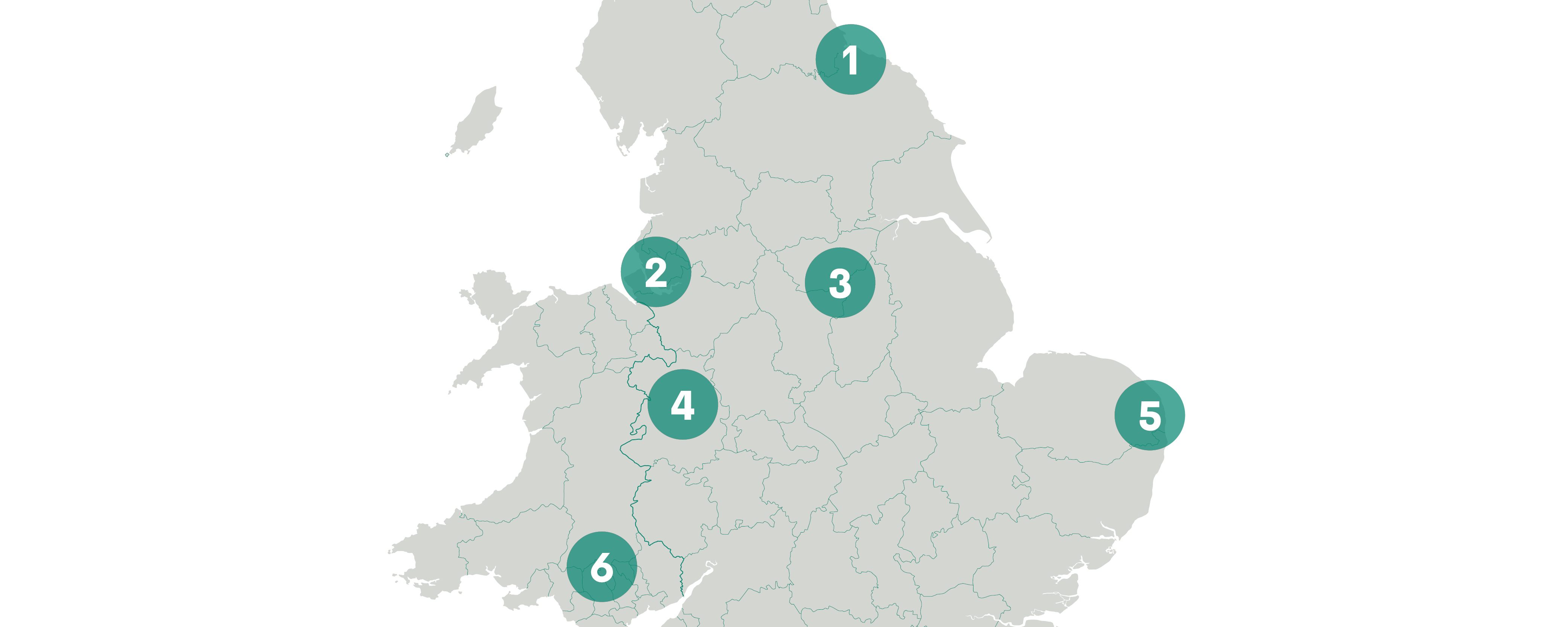Over the last decade, we’ve seen funding and availability of local services decline. Services that are there to help people in crisis like refuges, shelters, and counselling, as well as support that helps people so they don’t end up in crisis. Small community-led organisations often deliver these services, many of which have seen their own income to deliver contracts decline. At a time when more and more people are turning to charities for help as public services continue to shut. The impact and consequence of these decisions on people and wider communities have worsened following the global pandemic and cost of living crisis.
About our long-term work to support change
We’ve been funding and supporting small organisations for a long time. We also work nationally to shape policy and practice to improve the operating environment for small charities and address root causes of complex issues.
In 2019 we started to look at how we could work locally to change how we collectively design, resource and deliver essential local services that can improve people’s lives. Recognising that it is often the small community-led organisations that provide vital services, our focus was to strengthen these organisations and change how local organisations design, resource, and deliver services.
We have committed to working with six communities across England and Wales over the longer term: Bolsover, Great Yarmouth, Halton, Merthyr Tydfil, Redcar & Cleveland, and Telford & Wrekin.
Through this work we’ve brought together:
- People who deliver services such as small local charities and community-based organisations
- People who fund services in the broadest sense including trusts and foundations and statutory funders
- The local private sector
- People who use those services and live locally
Using a range of approaches we’ve developed and strengthened relationships with people, organisations and sectors and engagement with this way of working. From this we’ve worked closely within the six communities to agree on shared ambitions for each of the six communities and collectively identify a focal issue for each.













